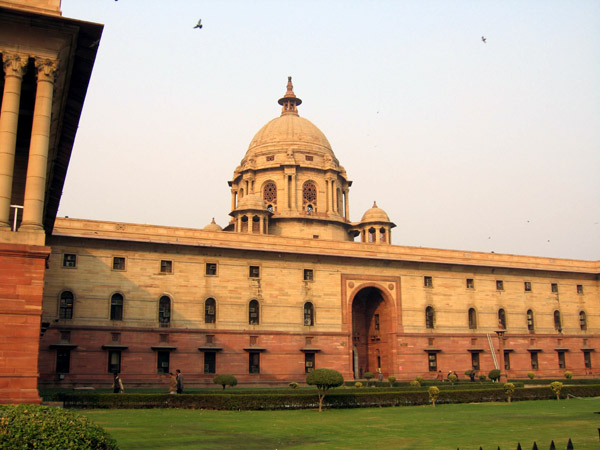By Apoorva Mandhani, 11 September 2020

Parliament of India (photo credit: Courtney Powell/flickr)
As it referred the Maratha quota case to a Constitution bench, the Supreme Court paved the way for interpretation of an important question of law — can state legislatures declare a particular caste to be a socially and educationally backward class? [ . . . ] The 102nd amendment deals with the constitutional status of the National Commission for Backward Classes. Article 338B deals with the structure, duties and powers of the commission while 342-A speaks about the power of the Indian President to notify a class as Socially and Educationally Backward (SEBC) and the power of Parliament to alter the central SEBC list.
In light of these sections added two years ago, the question that has been raised in the case is whether the state legislature can declare a particular caste to be a socially and educationally backward class, or if only the Parliament can do so.
Read the full article here:
The Print
